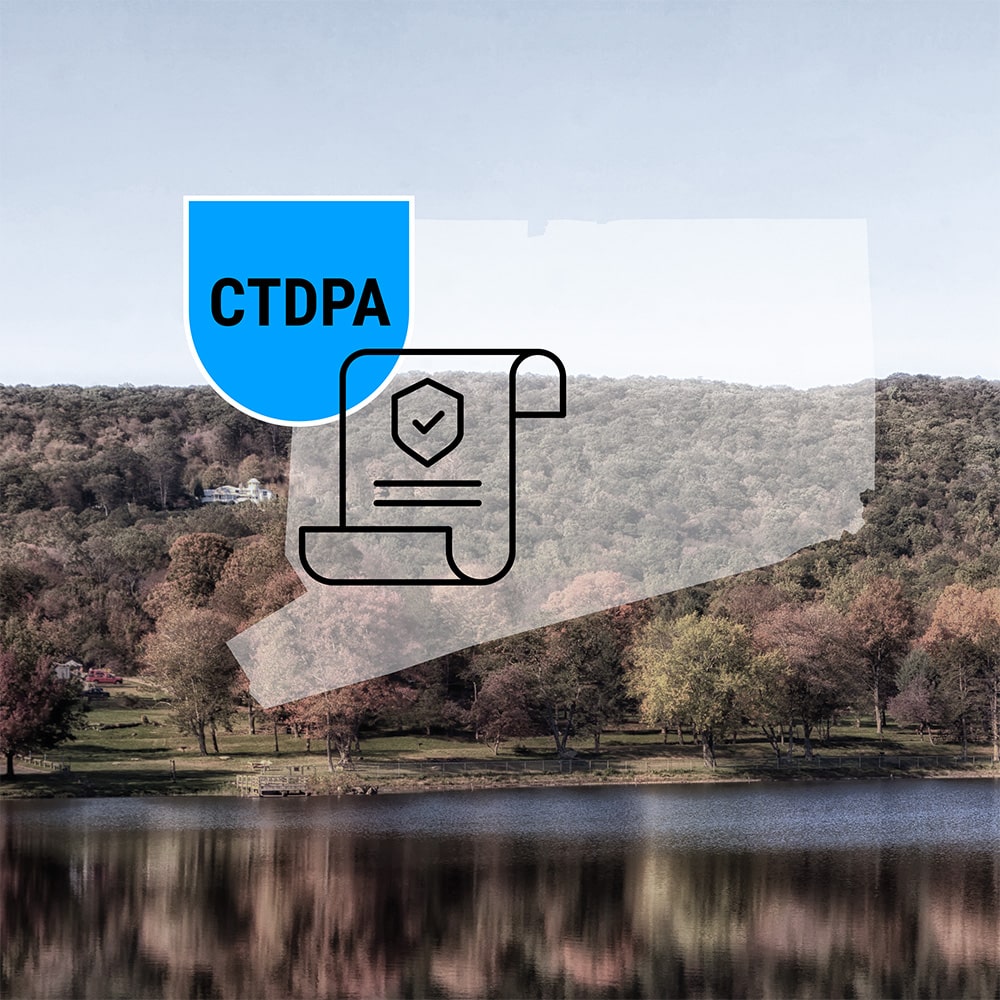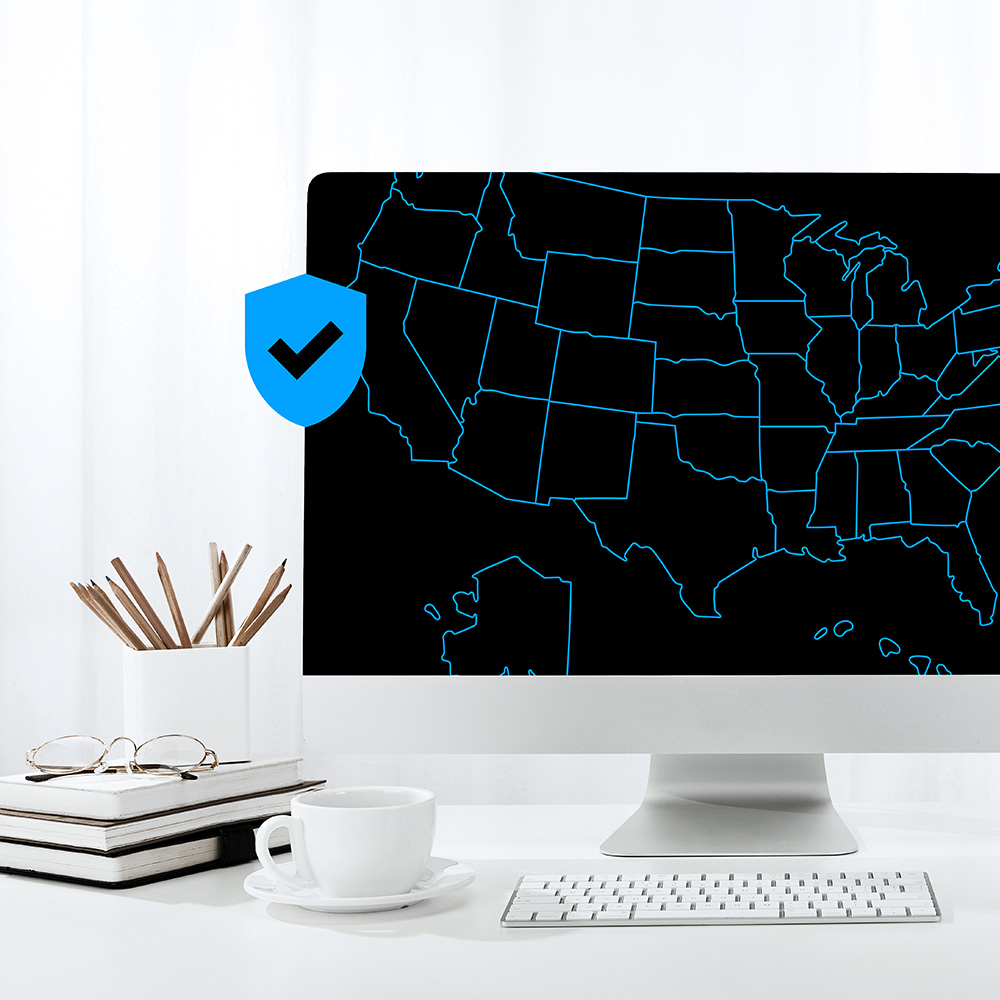Connecticut Data Privacy Act: CTDPA Compliance
What is the CTDPA?
The Connecticut Data Privacy Act (CTDPA) came into effect in 2023 and is considered one of the more consumer-friendly U.S. state-level data privacy laws. It gives Connecticut residents greater control over their personal data and requires businesses to be transparent about data collection and use. It also gives individuals rights, including access, deletion, and opt-out from targeted advertising, sale or profiling with automated decision-making using their personal data.
Common CTDPA questions and answersCOMPLIANCE
How to comply with the Connecticut data privacy law
To comply with the CTDPA, businesses must provide clear, up-to-date privacy notices, disclose data collection and sharing practices, and enable Connecticut residents’ right to opt out of data sales and other covered uses. They must also obtain parental consent before collecting or processing minors’ personal data. However, with a 2025 amendment, children’s personal data can no longer be sold or used for targeted advertising.
RISKS
What are the consequences of CTDPA noncompliance?
Fines and other penalties are not explicitly specified under the CTDPA. They are governed by the Connecticut Unfair Trade Practices Act (CUTPA). Courts can impose civil penalties up to $5,000 per willful violation and award actual and punitive damages, costs, and attorneys’ fees. Courts can also issue restraining orders, which can result in cessation of data collection and processing. Violating a restraining order can result in a $25,000 penalty. The CTDPA does not have a cure period.
your questions answered
Contact our expert team
We’re happy to answer questions about data privacy, compliant marketing operations, and the CTDPA. Usercentrics’ Consent Management Platform helps you build trust and avoid penalties. Learn more today.
- Interested in how privacy compliance benefits user experience and your marketing strategies?
- Not sure if your business is privacy-compliant in Connecticut?
- Need clarity on what your company’s compliance responsibilities are?
- Looking to partner with us?
Learn more
Frequently asked questions
Under the Connecticut Data Privacy Act (CTDPA), consumers have several rights:
- Right to know and access: confirm whether a controller is processing their personal data and to have access to such data, with some exceptions
- Right to correction: have inaccuracies in their collected personal data corrected, with some limitations
- Right to deletion: have personal data that was provided by or about them deleted by the controller or processor
- Right to data portability: obtain a portable copy of their personal data, to a technically feasible extent and with some restrictions
- Right to opt out: of the processing of their personal data for the purposes of: sale, targeted advertising, or profiling
The Connecticut Attorney General enforces the CTDPA, and violations of the regulation are considered unfair trade practices under the Connecticut Unfair Trade Practices Act (CUTPA). The cure period sunset at the end of 2024, so enforcement is now at the Attorney General’s discretion.
Courts can impose civil penalties of up to USD 5,000 for willful violations and award actual and punitive damages, costs, and attorneys’ fees. Courts can also issue restraining orders, which could lead to a cease of data collection. Violation of a restraining order could result in a USD 25,000 penalty.
CTDPA compliance software enables businesses to meet the Connecticut data privacy law’s requirements, such as providing consumers with information about data processing and exercising their rights, and obtaining consent where required.
A consent management platform (CMP) is a type of CTDPA compliance software. A CMP enables businesses to achieve and maintain their Connecticut data privacy law compliance for websites and apps. A CMP displays information to users about what cookies and other tracking technologies are in use that collect personal data, and enable users to make granular consent choices while securely storing and documenting consent information over time, which users can update.

